

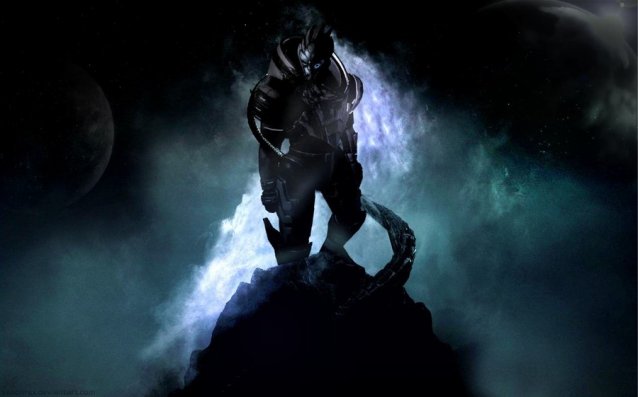
The news that Gearbox have acquired the license to the Homeworld games from the collapsing ruins of THQ has had more than a few gamers scratching their heads. We don’t honestly know how that will turn out; the developers of both Brothers in Arms and Colonial Marines have a mixed record at best, and they don’t have a good history with other people’s IP (though probably even Valve couldn’t have saved Duke Nukem Forever).
But it got us thinking: What if one day all the major publishers woke up with their IP rights switched? What if sportsball developers had the rights to major RPG franchises and indie darlings held the license for Jurassic Park? Here we ponder seven examples of developer/game match-ups which are never going to happen – but really, really should.
Richard Hofmeier is the creator of Cart Life, though honestly he wishes everyone would forget about it and let him get on with the next thing. That’s unlikely with gits like me saying things like “war games need something like Cart Life with guns.” But Hofmeier’s brains and compassion are exactly what's necessary to rejuvenate the flagging fortunes of the failed Medal of Honour brand. Think of it, a wholesale departure from series history. Pointed and aggressive oversimulation of war’s logistical and spiritual dimensions. Lo-fi production if needs be or hi-def explosions if desired. Sections where you’re at home in the USA and you have to deal with PTSD and the boredom of civilian life. Human connections made with enemies and comrades alike.
I’ve heard some people complain that Cart Life is too close to real life. But like the television show The Wire, it only gives the appearance of absolute verisimilitude, while actually providing a highly motivated and structured reality. We know Hofmeier is capable of devastating critique and empathetic nuance in the same ludic breath. War games could certainly do with that.
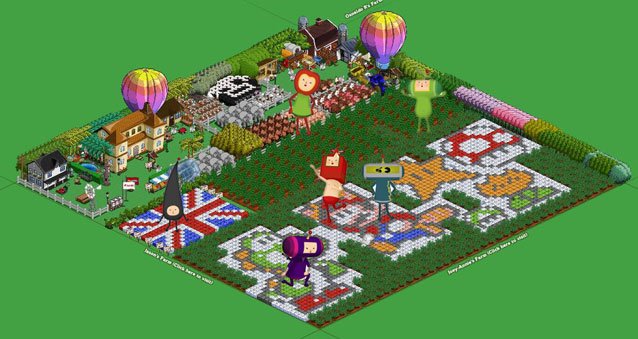
What’s great about Farmville: it’s demotic, played by and accessible to anyone. What’s terrible about Farmville: everything else. Who better than the creator of Katamari Damacy – one of the most beautiful hyper-pop videogames in existence – to lift the precious baby from all that addictive bathwater and plunge her into golden waves?
The gameplay of Katamari dovetails easily with the design of a social farming game. It’s all about slow build-up and measured progress: make sure you roll up the small things first so that you can get the big ones easier. Its acquisitive satisfaction – the joy it takes in consuming and growing – are a perfect fit for the digital consumerism of the social genre. It’s just that in Takahashi’s hands it might actually be fun. Where Zynga builds structures of addiction and compulsion that ossify around an empty core, and which whistle with the wind of a howling void, Farmville Forever will fill them with life which blossoms across their loops like a climbing vine and bursts joyfully out of them like an excited child from a long car journey.
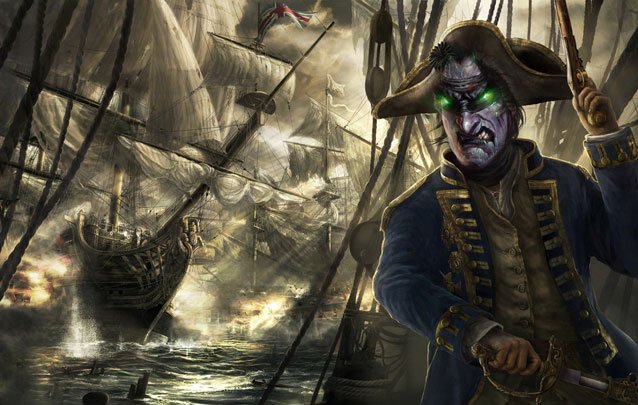
Long-time players of World of Warcraft will know that recent expansions have seriously ramped up the war between Alliance and Horde. But in the years since Warcraft 3, Blizzard have gotten a bit wishy-washy with their storylines, making an earth-shattering historical tumult seem more like a bad episode of Dragonball Z. Let’s get Creative Assembly, the real masters, on the case.
The pitch: in Total World of Warcraft, Alliance or Horde races must deal with the complex and onerous demands of their factions while pursuing pet projects; neutral ones walk the geopolitical tightrope. Wildly variant technologies clash with magic, medieval warfare, mana bombs and monsters to bulk up conventional armies with larger-than-life units, while non-player terrors stalk the map requiring temporary alliances to take down. If you expand into the floating space continent of Outland, manipulate its peoples, and capture its sparkly resources, you can teleport into unexpected locations on the main map. Then, just as you’re entering that late-game easy ride, the Burning Legion invade and fuck up everything.
Blizzard could do with some serious weight behind their worldbuilding and Creative Assembly could do with letting their hair down. What better than the logistical struggles of giant talking pandas to kill two birds with one stone?
Just picture it. SHODAN cosplayer, Destroyer of Videogames and queer crystal magical girl Porpentine reboots the original edutainment videogame as a mind-bending road trip through the joys and terrors of modern America. Though she’s best known for Twine adventures like The Sky in the Room and Howling Dogs (which hijacked Richard Hofmeier’s stall at GDC), she’s also used the free web tool to make a stats-based (and bastard-hard) farming simulator called Bloody Princess Farmer. It’s easy to imagine her taking on the predominantly text-based Oregon Trail – through pleasingly harder to imagine just what that might entail.
The original game depicts one of the most historically significant moments in the growth and expansion of the United States. It involves a small party of settlers traipsing slowly through a blizzard of random events and trying to survive long enough to reach the west coast. Porp’s reboot would be set in a time when America looks like it’s falling apart – and is just as dangerous. Disease, waste, addiction, overdose, poverty, violence, depression, discrimination and despair stalk your eclectic rag-bag of randomly-gendered road-trippers as you struggle to marshal the spoons to perform esoteric actions such as ‘SUCKLE TELEVISION’ and ‘INJECT INTERNET’. But maybe, as it goes on, the awful journey could turn into confident, then joyful flight – into an ever-accelerating, fuck-the-haters, Ke$ha-worthy escape into a future worth living for. It’s worth a try.
Grant Theft Auto has always had a satirical bent. It reads as a colourful, obscene parody of all aspects of American life, refracted through the dark glasses of its Scottish developers. But its satire has always been omnidirectional, deployed against everything and anything without regard for particularities. In that sense, it is cheap.
But what if we placed one of the world’s foremost anti-capitalist thinkers in charge of the series' development? Slovenian philosopher Slavoj Zizek has already professed his love for Call of Duty: Black Ops. Let’s apply his “orthodox Lacanian Stalinism” to the American dream and his perverse, paradoxical thought to our favourite free-roaming crime simulator. Indeed, the improvisational gameplay of Grand Theft Auto is a perfect mirror for Zizek’s style: tumbling from one subject to another in an endless freefall of unexpected reversals and acrobatic logical jumps.
Of course, Zizek is sometimes criticised for tiresomely ‘contrarian’ replication of right-wing racist and sexist clichés (something GTA reaches for too easily). If you fear that, then – since he’s such an unapologetic advocate of revolutionary terror – simply strap him with electrodes and shock him if you don’t like what he produces. The old goat would probably enjoy it.
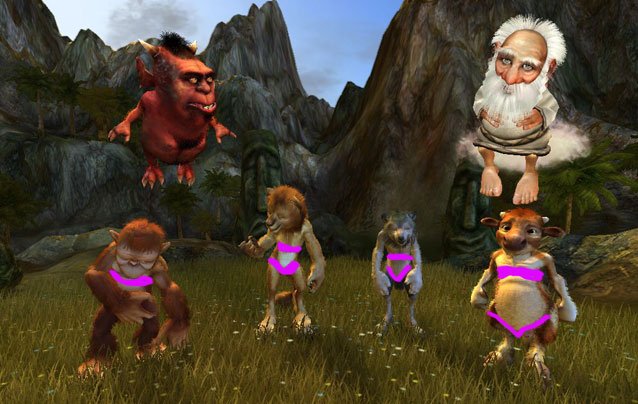
“Have you ever wondered what it would be like if the bouncy protagonists of Dead or Alive XTreme Beach Volleyball had real hopes and dreams? For years, fighting games and sports games have represented their characters as automatons put on earth for you to play with. I’m here to change that.
“In my new reboot of the Dead or Alive Beach Volleyball franchise, players – both male and female, cis and trans – form complex and tender relationships which affect their behaviour on and off the court. They learn from the trials you put them through and evolve based on your victories and defeats. It’s no exaggeration to say that they are the most fully human characters which have ever existed in a videogame on any planet in the universe.
“So instead of a patriarchal toybox, this is a world: a world of real people with real beliefs and real insecurities. You can’t just try and win the game. You have to try and make the world, and their lives, better. That is what I, too, will try to do with this game. Come on – don’t pretend you aren’t interested to see how I fare.”
(as suggested by Chris Leggett)
Let’s see him make art out of that, the preening goon.

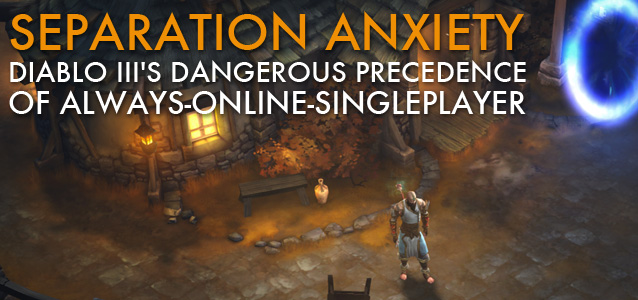
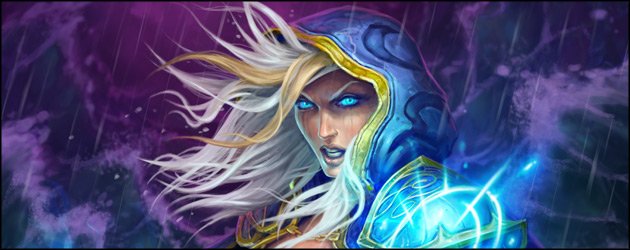
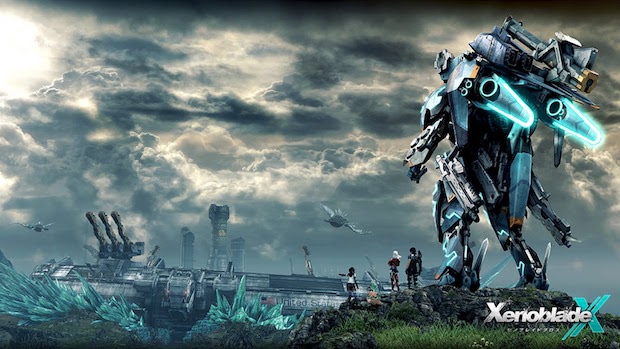
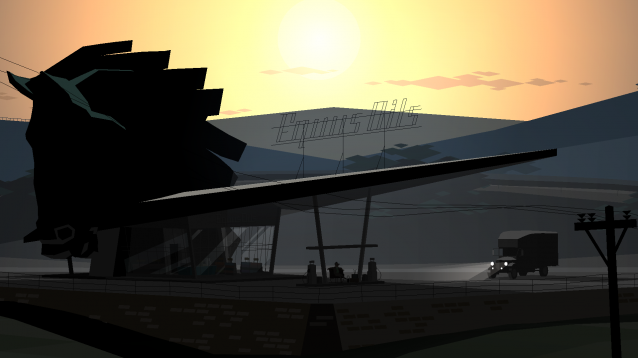
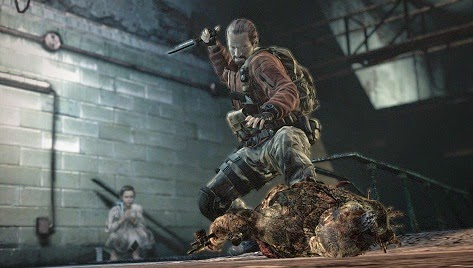 Resident Evil Revelations 2 (PC) Weapons, Items, Characters and Costumes
Resident Evil Revelations 2 (PC) Weapons, Items, Characters and Costumes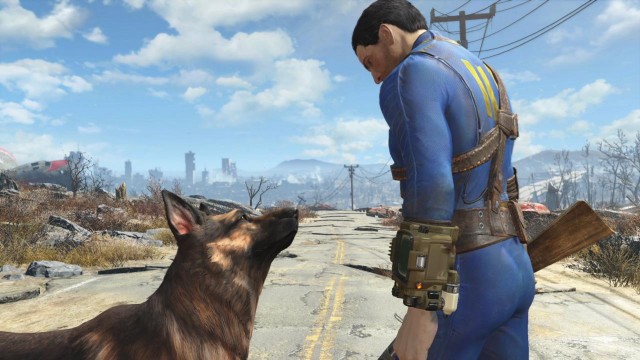 Fallout 4: List of all Companion Location and Quest List
Fallout 4: List of all Companion Location and Quest List AMD Catalyst Omega Driver Close Look: Virtual Super Resolution, Fluid Motion Video, and More
AMD Catalyst Omega Driver Close Look: Virtual Super Resolution, Fluid Motion Video, and More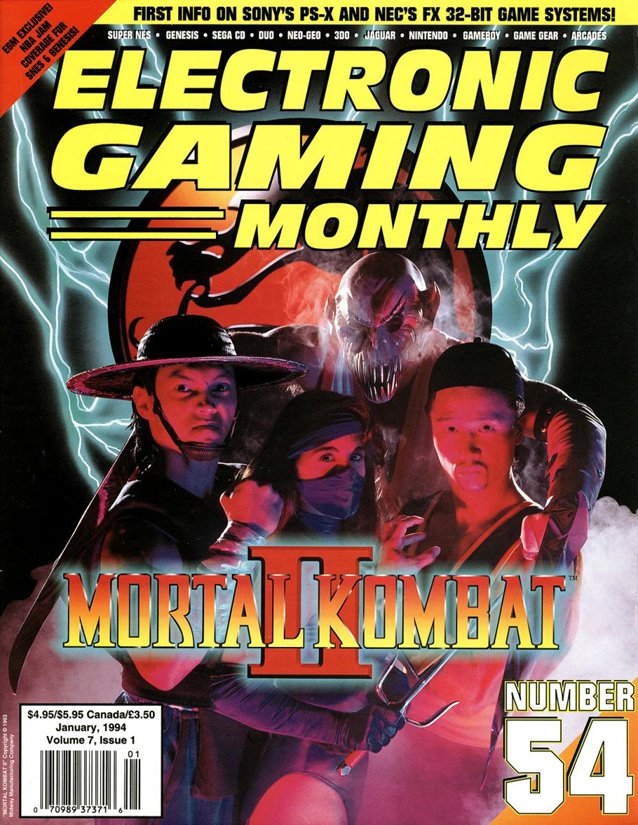 25 Awesomely Bad Gaming Magazine Covers From the 90s
25 Awesomely Bad Gaming Magazine Covers From the 90s Unrest Wiki – Everything you need to know about the game. .
Unrest Wiki – Everything you need to know about the game. .